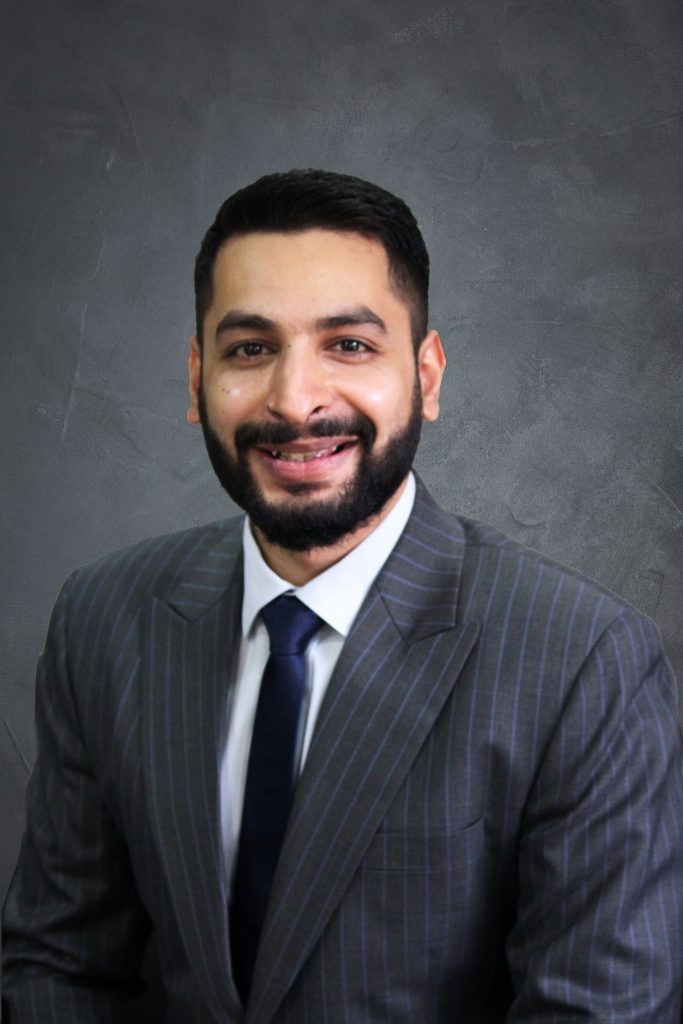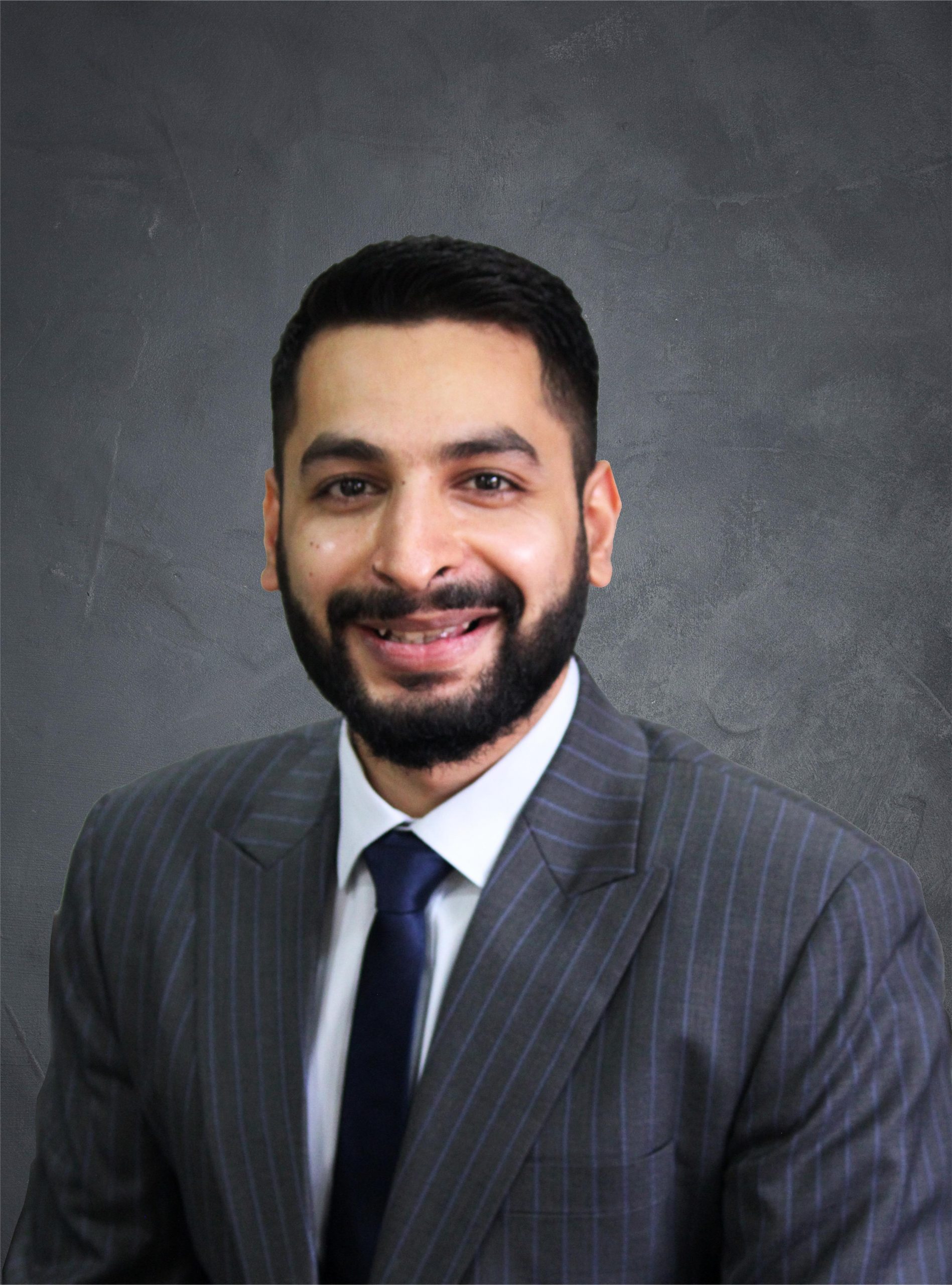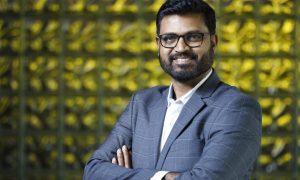This interview has been published by Namrata Singh and The SuperLawyer Team

Raunak, could you please take us through your journey from college to where you are today? How was your experience at Symbiosis Law School, and what inspired you to pursue a career in law? Can you share how you started your career after graduating and the pivotal moments that shaped your professional trajectory?
As a first-generation lawyer, my journey into the legal profession was not inspired by family tradition but by a keen observation of the law’s impact as an outsider. My time at Symbiosis Law School, Pune (SLS) was transformative, providing me with a great academic foundation.
Upon graduation, I joined a mid-size full-service law firm where I spent 7 years. This period was not only formative but also deeply influential, helping me grow into the professional that I am today. It was here that I developed a nuanced appreciation for the law’s intricacies and its real-world applications. The challenges I faced and the successes I celebrated at the firm built my confidence and sharpened my expertise.
My subsequent transition to in-house roles began with Ola Electric, a multi-billion dollar start-up at the forefront of India’s electric mobility space. Joining Ola Electric in its nascent stages was a ground-breaking shift. I witnessed and contributed to pivotal moments: from the construction of the factory to the launch of its first electric two-wheeler. Following my tenure at Ola, I joined Tala, an American fintech company, as their primary counsel for the India region. Tala, already a successful entity in Kenya, Mexico and the Philippines, was looking to replicate its success in India – its newest market at the time. My role involved establishing legal frameworks that accommodated the local regulations while supporting Tala’s mission of financial inclusion.
Most recently, I joined Philips as their counsel for the Indian Subcontinent region – where I am tasked with guiding the organization through the legalities of the healthcare and technology sectors while also supporting Philips’ mission of improving billions of lives through meaningful innovation.
Your role at Philips involves managing legal affairs across the Indian Subcontinent. What are some unique challenges you’ve faced in navigating legal landscapes in different regions, and how do you ensure consistency in legal practices across borders?
That’s a great question. One of the unique challenges you face is the variance in legal standards and practices across different countries. For instance, the regulatory requirements in India can differ significantly from those in neighboring countries like Bangladesh or Sri Lanka, particularly in areas such as consumer protection, data privacy, and healthcare regulations.
To effectively manage these differences, you rely on a combination of strategies. First, you maintain a robust network of local legal experts in each country. Second, you leverage technology to streamline communication and document management across countries. Lastly, you place a strong emphasis on proactive compliance. This involves not just adhering to current laws but anticipating potential legislative changes that could impact our operations.
Transitioning from a law firm to in-house counsel often involves a shift in perspective. What are some of the major differences you’ve noticed, and how has this transition influenced your approach to legal counsel?
Transitioning from a law firm to an in-house role indeed marked a significant shift in my perspective and approach towards legal practice. At a law firm, the focus is often on providing specialized legal advice to multiple clients on a case-by-case basis – with a broad spectrum of legal issues presented by each client.
In contrast, as in-house counsel, my role extends beyond legal counsel to being a strategic partner for the business. Here, the focus shifts towards understanding the business’ objectives comprehensively and integrating legal considerations into the broader business strategy. One of the major differences that I’ve personally noticed is the need for a more proactive approach to legal issues. Rather than reacting to legal challenges as they may arise, my role involves anticipating potential legal risks and implementing strategies to mitigate them before they impact the business.
Another significant difference is the depth of involvement in one organization’s operations and its success. This deep-dive into the business also fosters a greater alignment of the legal function with the organization’s long-term strategies.
As to how this transition has influenced my approach, I’d say it has done so in several ways. I’ve become more integrative in my thinking, always considering the legal implications of business decisions not just from a compliance standpoint but from a strategic and operational perspective as well. I’ve also cultivated a more collaborative approach, working closely with various departments to ensure that legal considerations are embedded in the early stages of business planning and decision-making.
Overall, the move to an in-house role has greatly enriched my professional experience, enhancing my ability to contribute not only legally but also strategically to the growth and success of the organization.
Apart from your professional endeavors, do you have any personal hobbies or interests that you enjoy pursuing outside of work? How do you find balance between your personal and professional life?
As someone who has a hard time switching off from work mode, it’s a continuous challenge, but I try. My love for cricket, movies, and travelling provides me with much-needed downtime when the legal world starts to overwhelm.
Finding this balance between personal and professional life is a bit like being a juggler at a circus – it requires patience, timing and occasionally, picking up things that I’ve dropped. But it’s always worth the effort to keep all the balls in the air.
Reflecting on your journey so far, what advice would you give to the current generation aspiring to build a successful career in law, especially in the dynamic landscape of corporate counsel?
If I were to offer advice to the next generation aspiring to build a successful career in law, it’ll be to focus on three essential principles – adaptability, continuous learning and ethical grounding.
Adaptability is crucial – being able to pivot and embrace change is not just helpful but necessary. Continuous learning is equally important – staying updated and informed with the latest legal developments, understanding new business models, and even gaining knowledge in related fields such as technology can vastly engage your capability to provide comprehensive counsel. Lastly, maintain a strong ethical foundation – as you’ll often find yourselves balancing business objectives with legal requirements.
I’m no expert at this but building a successful career in law is more of a marathon than a sprint. The journey is long and sometimes daunting, even frustrating, but immensely fulfilling for those who are committed.
As a senior legal counsel, you’ve undoubtedly faced complex legal issues. How do you approach problem-solving in such situations, and what role does collaboration play in finding effective solutions?
One fundamental aspect of my approach is recognizing that there is no one-size-fits-all, or straight-jacket formula, for solving legal issues. Each challenge is unique and demands a solution that considers the specific circumstances and needs of the business. This understanding drives my problem-solving process: identifying possible outcomes, assessing the risks associated with each, and weighing them against the legal and business objectives of the organization.
Collaboration is integral to this process. Legal issues rarely exist in a vacuum—they intersect with various aspects of business operations, from finance and human resources to marketing and beyond. Engaging with stakeholders across departments not only provides additional perspectives but also ensures that the solutions developed are comprehensive and pragmatic.
Could you share with us the importance of internships during the early stages of a legal career? How did your own internships shape your professional journey, and what advice would you give to law students or young professionals seeking meaningful internships to kickstart their careers?
Internships are invaluable as they offer a first-hand glimpse into the practical aspects of law that are often not addressed in the classroom. My own internships were instrumental in shaping my professional journey, providing me with a foundation of real-world experiences that I could build upon in my subsequent roles.
For law students seeking meaningful internships, my advice would be to approach this search with both openness and strategic focus. Be open to exploring diverse legal fields and organizations, from small firms to large multinational corporations. Each setting offers unique learning opportunities and can help clarify your career interests and goals.
Simultaneously, be strategic in your approach by seeking internships that align with your long-term career aspirations. Research about firms or organizations that are known for their work in your areas of interest and strive to connect with professionals working there. Networking can be a powerful tool in securing internships; don’t hesitate to reach out to alumni, professors, or family friends who might help with introductions or advice.
Get in touch with Raunak Bapna-
























